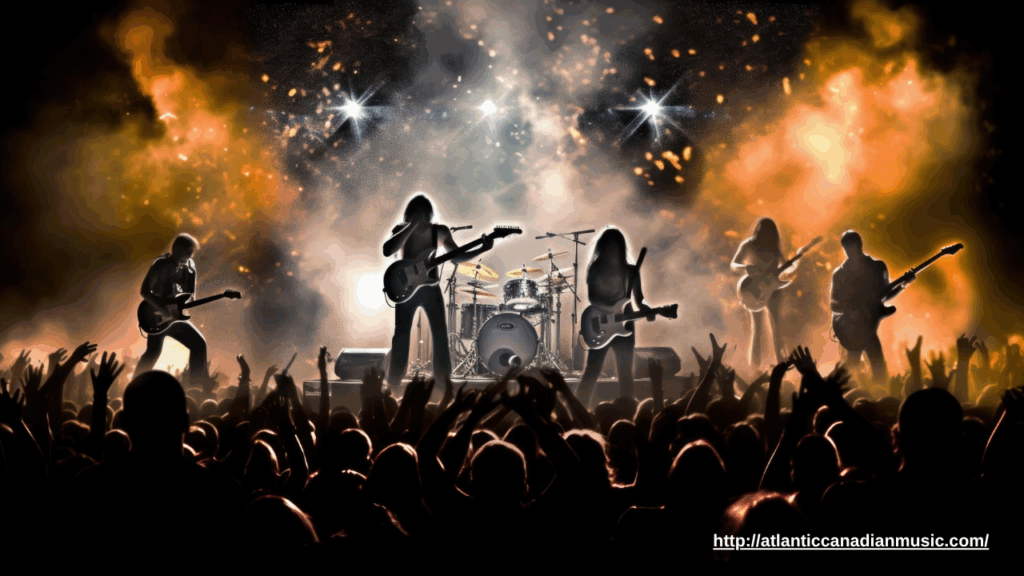
The history of music is filled with stories of brilliant artists whose talent was both fueled and hindered by addiction. From the legendary struggles of Jimi Hendrix and Janis Joplin to contemporary musicians like Demi Lovato and Macklemore, the connection between musical genius and substance abuse has fascinated and troubled audiences alike. But why are so many musicians vulnerable to addiction, and how do they find their way to recovery?
The Pressure Cooker of Creativity and Fame
Musicians often face immense pressures that can lead to substance abuse. The creative process itself can be intense and emotionally draining. Crafting music often requires artists to tap into deep feelings—pain, joy, love, and loss—leading to emotional highs and lows. Some musicians turn to drugs or alcohol as a way to manage these extreme feelings or to enhance creativity.
Additionally, the music industry demands constant productivity and performance. Touring schedules are grueling, involving late nights, long travel, and physical exhaustion. The stress of public scrutiny and the need to maintain a certain image can create anxiety and loneliness. These pressures can push musicians toward substances as a form of relief or escape.
The Myth of the ‘Tortured Artist’
There is a persistent cultural myth that great art must come from suffering and that addiction somehow fuels creativity. This romanticized view often encourages musicians to engage in risky behaviors or prevents them from seeking help out of fear that sobriety will dull their artistic edge. In reality, addiction usually stifles creativity and undermines an artist’s potential over time.
The Role of Accessibility and Environment
Musicians often find themselves in environments where drugs and alcohol are readily available. Parties, backstage events, and late-night gatherings can normalize substance use. Peer pressure and the desire to fit in or cope with the intense lifestyle can exacerbate vulnerabilities.
The Road to Recovery
Despite these challenges, many musicians have successfully overcome addiction and found new strength in sobriety. Recovery often begins with acknowledgment—the acceptance that substance use is no longer sustainable or healthy. From there, musicians seek support through therapy, rehabilitation programs, and support groups tailored to the unique pressures of the music world.
Organizations like MusiCares and Backline provide critical resources for musicians in recovery, offering counseling, financial assistance, and community. Many artists also use their platforms to raise awareness, breaking the stigma surrounding addiction and encouraging others to seek help.
Sobriety can unlock a new level of clarity and creativity. Artists like Elton John, Eminem, and Lady Gaga have spoken openly about how recovery has improved their lives and work. Their journeys demonstrate that it’s possible to maintain brilliance without the destructive influence of substances.
Conclusion
The intersection of addiction and musical genius is complex, shaped by emotional intensity, industry pressures, and cultural myths. However, recovery offers hope and healing, proving that musicians don’t have to sacrifice their well-being for their art. By fostering understanding and support, the music community can help artists thrive both personally and professionally—ensuring that their creativity shines brightest in health and harmony.